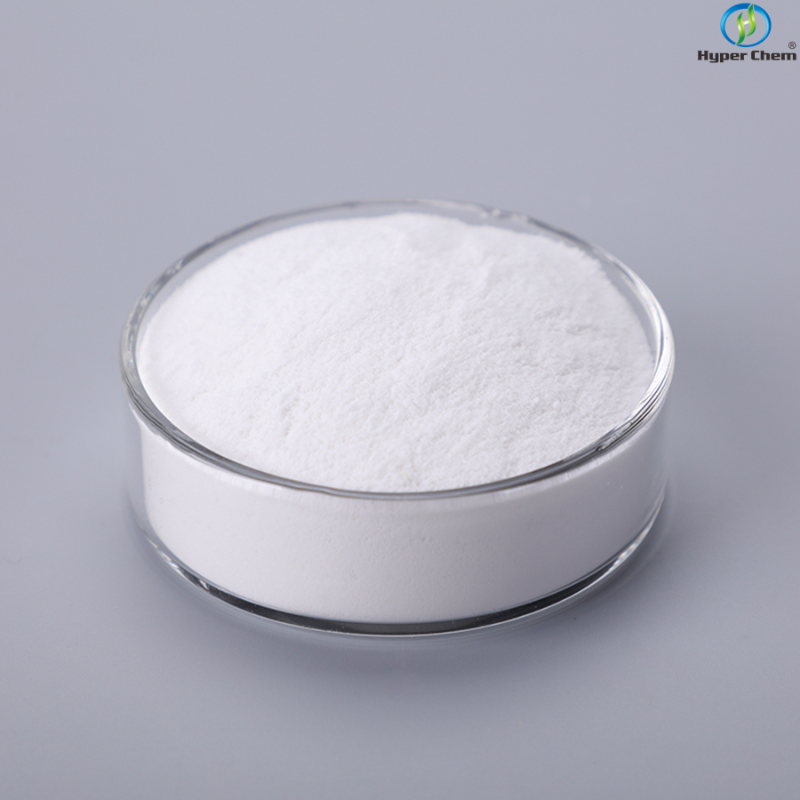-
Categories
-
Pharmaceutical Intermediates
-
Active Pharmaceutical Ingredients
-
Food Additives
- Industrial Coatings
- Agrochemicals
- Dyes and Pigments
- Surfactant
- Flavors and Fragrances
- Chemical Reagents
- Catalyst and Auxiliary
- Natural Products
- Inorganic Chemistry
-
Organic Chemistry
-
Biochemical Engineering
- Analytical Chemistry
-
Cosmetic Ingredient
- Water Treatment Chemical
-
Pharmaceutical Intermediates
Promotion
ECHEMI Mall
Wholesale
Weekly Price
Exhibition
News
-
Trade Service
With the continuous development of medical technology, the prognosis of chronic lymphocytic leukemia (CLL) patients has been greatly improved, but the Richter syndrome (RS) patients in chronic lymphocytic leukemia are mostly resistant to chemotherapy and the prognosis is still poor
.
The median overall survival of patients with Richter syndrome is often only 3-6 months , and there are currently no standard treatment options
The median overall survival of patients with Richter syndrome tends to be only 3-6 months The median overall survival of patients with Richter syndrome tends to be only 3-6 months
Comments: Richter syndrome is a clinical manifestation of the transformation of chronic lymphocytic leukemia.
It is mostly manifested as lymphadenopathy, but it can also involve extranodal organs, often involving the gastrointestinal tract, lungs, nervous system, bones, and rarely skin and bladder
.
The clinical manifestations of CLL transformation into Richter syndrome include fever, weight loss, night sweats, rapid lymph node enlargement, extranodal lesions, elevated lactate dehydrogenase, and dysfunction of the affected organs
Comments: Richter syndrome is a clinical manifestation of the transformation of chronic lymphocytic leukemia.
The researchers speculate that oral Bcl-2 inhibitor venetoclax may increase the sensitivity of patients with Richter syndrome to chemotherapy and immunotherapy, thereby improving the clinical prognosis of patients
.
This is a single-center Phase 2 clinical trial recruiting patients with Richter syndrome to receive venetoclax in combination with dose-adjusted rituximab, etoposide, prednisone, vincristine, cyclophosphamide, and Doxorubicin (VR-EPOCH) treatment
.
After the first course of VR-EPOCH, after cell counts recovered, the daily dose of venetoclax was adjusted to 400 mg, followed by at least 5 additional courses of VR-EPOCH
Progression-Free Survival and Overall Survival
Progression-Free Survival and Overall SurvivalA total of 26 patients received study treatment, of which 13 (50%) achieved complete remission and 11 had undetectable CLL bone marrow minimal residual disease
.
In addition, 3 patients achieved partial response (overall response rate 62%)
26 13 (50%) had complete remission , 13 (50%) had complete remission and 3 had partial remission (overall remission rate 62%) and 3 had partial remission (overall remission ).
Adverse reactions
Adverse reactionsHematologic toxicities of grade 3 or higher were neutropenia (65%), thrombocytopenia (50%), and febrile neutropenia (38%)
.
No patient developed tumor lysis syndrome
In conclusion, the VR-EPOCH regimen has positive antitumor activity in patients with Richter syndrome, and can achieve deeper and more sustained remission than previous regimens
.
The results of this study suggest that it is worth further comparing the efficacy of venetoclax plus chemoimmunotherapy versus chemoimmunotherapy alone in patients with Richter syndrome
The VR-EPOCH regimen has positive antitumor activity in patients with Richter syndrome, resulting in deeper and more sustained remission than previous regimens
Original source:
Original source:Matthew S.
leave a message here







